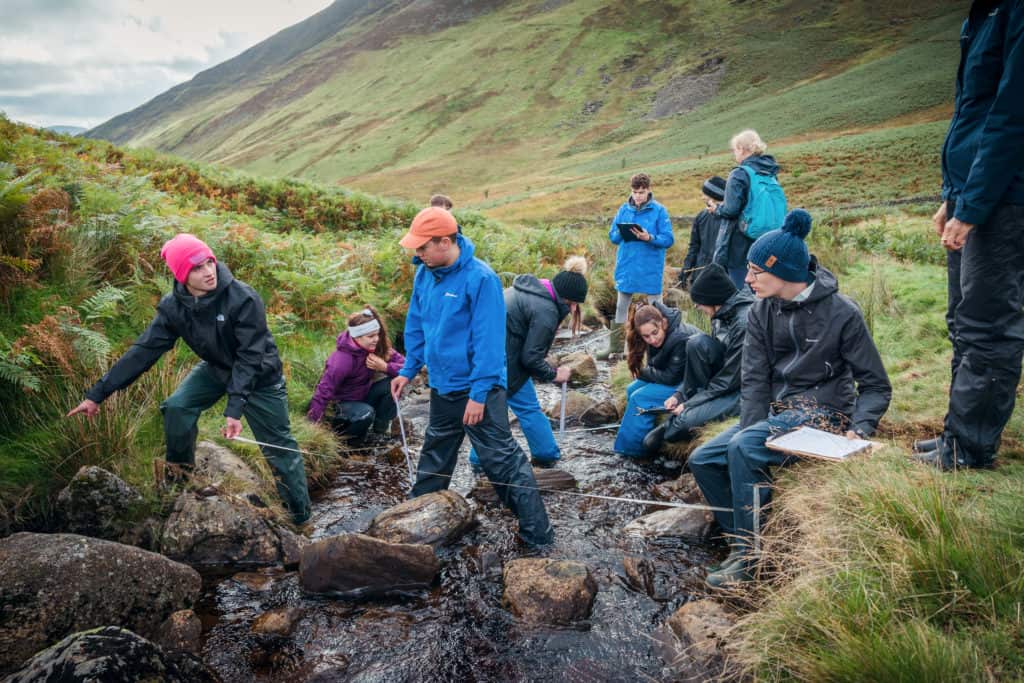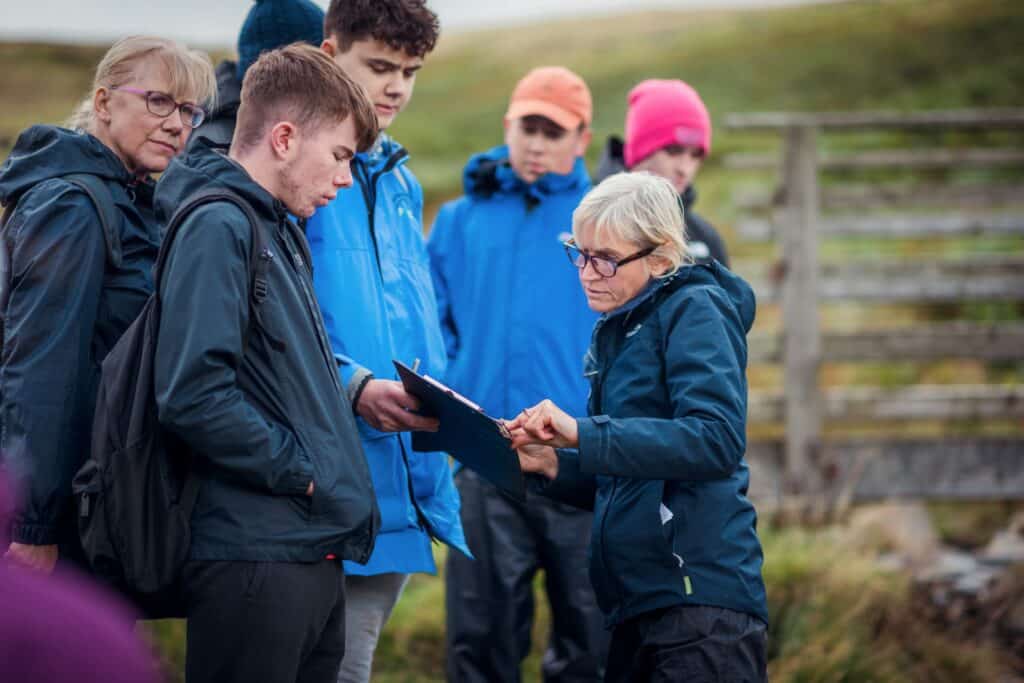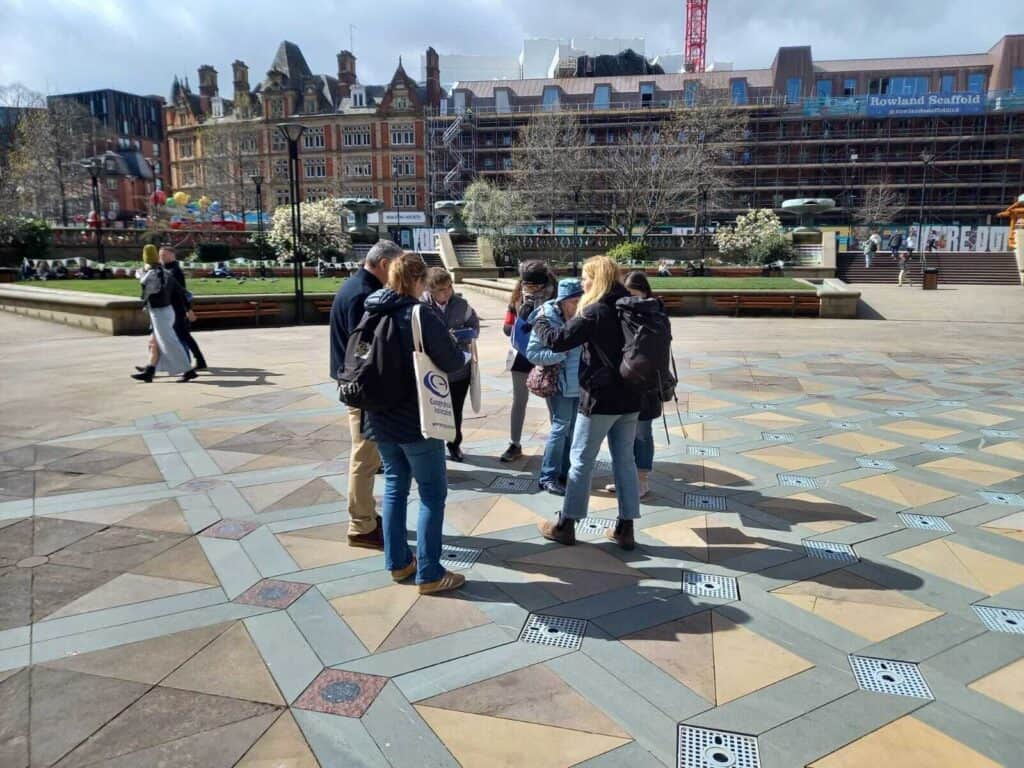As the UK’s leading environmental education charity we welcomed a government report which shows more young people than ever are choosing to study geography.
But Andy Pratt, our director of education, is concerned that weaknesses with fieldwork noted in the report might be holding pupils back in the subject.
He said: “We applaud the improvements in teaching geography highlighted by the report, recognising the professionalism and hard work of dedicated teachers. It is also fantastic to learn that the numbers of students selecting to study geography at GCSE and A Level are on the increase.
“However, the report found that fieldwork was under-developed in almost all schools, and this is where organisations like the Field Studies Council can really help bolster the curriculum.
Andy Pratt, Director of Education
“We know from our own research and evaluation that good quality fieldwork is particularly effective at consolidating what pupils have learned in the classroom, as well as embedding invaluable soft skills like leadership, teamwork and resilience.

“Delivering good quality fieldwork is something individual schools often struggle with, but our centres around the UK have a range of courses and residential experiences that can support teachers to deliver every aspect of the curriculum.”
The Getting Our Bearings report looked at strengths and weaknesses in geography education in schools across the country and recommended ways for schools to build on successes and address issues for the benefit of pupils.
The report found that, since being included in the English Baccalaureate (EBacc), the number of pupils choosing to study geography at GCSE and A Level had steadily increased and that the increase had largely come from groups which had not previously engaged well with the subject, including disadvantaged pupils, those from ethnic minorities and pupils with low prior attainment.
The researchers found that there had been a general improvement in the geography curriculum in schools, but also identified significant pressures on teaching of the subject, especially a shortage of specialist teachers.

Andy said: “The report also recognised a general lack of subject-specific continuing professional development for teachers, particularly in planning effective fieldwork and using geographic information systems (GIS). Support for non-specialist teachers in secondary schools was also often ineffective, which can damage the learning experience for pupils.”
“The pandemic obviously affected the number of school trips taking place, but the report found that field work wasn’t a strong feature even before covid.
“The report recognises the value and importance of other organisations to support school improvement, and I would urge teachers and curriculum leaders to see what the Field Studies Council can offer their pupils to make sure they get the best experience of geography possible.
“The Field Studies Council has a great deal to offer schools, including high quality day and residential field courses and teacher CPD for fieldwork, supported by digital resources. Areas covered include how to collect, present and analyse data, and how to reach conclusions based on that data, progression in developing fieldwork skills and GIS across all key stages, experiences in a wide range of fieldwork techniques in different settings, developing teaching about place and geography thinking skills and supporting non-specialist teachers.

“Classroom teaching is clearly important but there is nothing like practical, hands-on experience to really help cement learning. The analytical, problem-solving skills pupils can learn through geography fieldwork are the very skills we need to equip them with to nurture the next generation of environmental leaders and scientific thinkers.”
Andy Pratt, Director of Education
Amongst the services we offer to support teachers are new fieldwork taster sessions for teachers, and a digital hub which gives teachers the resources they need to deliver quality fieldwork locally.
